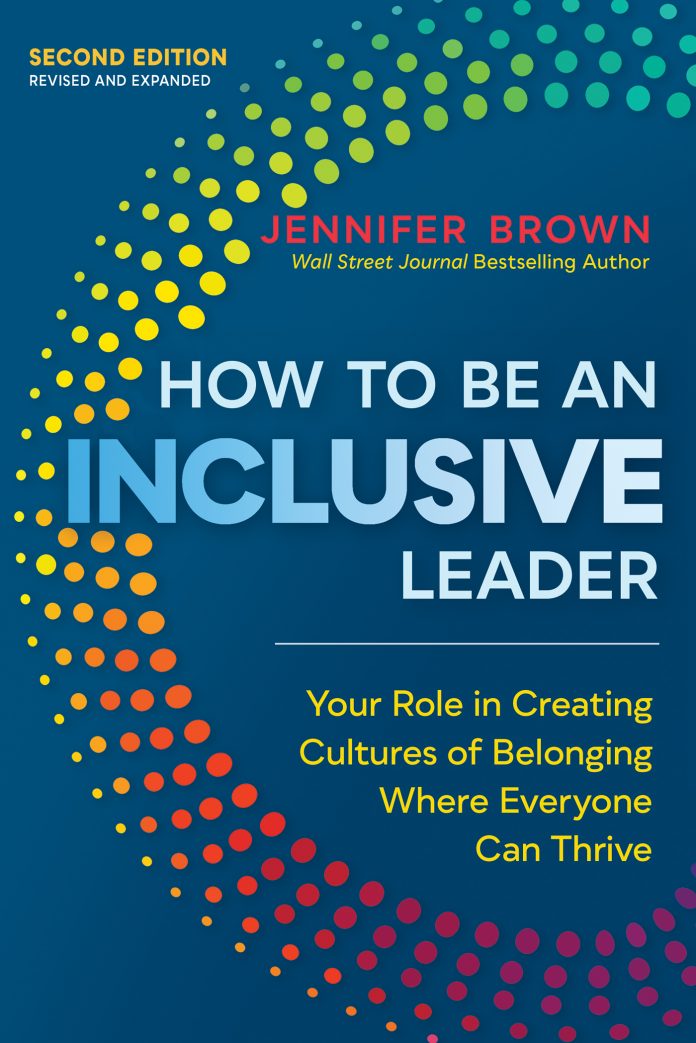
Privilege is a fundamentally loaded topic, and for those of us with privileged identities, it can be difficult to talk about. In working with senior leaders over the years, I have noticed that many of them are uncomfortable with the concept of privilege, don’t know how to deploy their privileges for systems change, or are ashamed of the personal advantages that privilege offers them.
Many of us assume that by admitting our privileges, we somehow invalidate how hard we have worked. We may assume that the label privileged implies we don’t deserve to have what we have, or it infers that we have never experienced hardship. Having privilege does not mean an individual is immune to life’s hardships. But it does mean having an unearned benefit or advantage by the nature of one’s identity.
Reframing Privilege
I have struggled with the concept of privilege personally. In many ways, people view me as the kind of person unlikely to experience any challenges with inequity. After all, I am White, cisgender, and able-bodied. I have other invisible privileges: I grew up in a safe home where I didn’t want anything and where I was told I could be anything I wanted. I had access to quality education and the opportunity to go to the college of my choice. These aspects of my identity have enabled me to function more quickly in the world, more safely, with more automatic—and often unearned—protections. They are the invisible, silent tailwinds that speed me along just that much more quickly.
I have also come to understand that my privilege is about what I did not have to experience, the ways in which I don’t struggle on a daily basis—the ways in which I’m safer, more protected, more shielded from the harsh realities of bias, exclusion, and violence.
Yet, for most of my adult life, I have also identified with and led from a mindset of marginalization as a member of the LGBTQ+ community and as a woman, each of which can be detrimental in the business world. I came out when I was twenty-two and struggled to find examples of professionals who were like me in the roles I aspired to fill one day. Very few women, and even fewer openly gay professionals, seemed to be at the top. Unfortunately, this is still the case.
Anxiety about my identity in the workplace often dominated my thoughts. I had a pervasive fear that if people knew the real me, it would hurt my relationships and my reputation. So, for a long time, I hid the parts of me that I feared would be rejected. I avoided sharing personal stories. I felt like an outsider at work.
As someone with a foot in several worlds of identity-based privileges as well as identity-based disadvantages, for decades, I have been on my own journey of endeavoring to feel seen, heard, and valued while at the same time grappling with how I can use my privilege and influence to drive equity and inclusion for others.
Rather than feeling confused, frozen, disconnected from the fight for equity, or ashamed of my place of privilege in many systems, I realized it’s more important to understand what I can do to learn more about my role. For those of us who routinely benefit from privilege, the challenges are acknowledging its existence, making it visible to ourselves, and leveraging the advantages it confers.
I believe it is time to reframe the concept of privilege in a way that doesn’t cause defensiveness or fear or keep us frozen in place but rather feels like something we can acknowledge, own, and activate. All too often, I’ve observed that the concept of privilege is employed to call out or otherwise criticize and dismiss the potential contributions of people with privileged identities. I believe this is holding us back.
Although it is critical for people belonging to dominant groups to understand the advantages their identities confer—and how people with other identities aren’t afforded those same advantages—if we are only calling them out for being part of the problem, we are alienating them from getting involved in solving those same problems.
I’m not discouraging anyone from calling out individual harmful behaviors and microaggressions, but when we call out and dismiss entire groups of people only because of their privileged identities, we may inadvertently be distancing them from getting involved and using their power and influence for the greater good.
I encourage each of us to practice calling in behavior to invite people of all identities, including those with privileged identities, to sit at the table. Calling in creates the space for individuals to take responsibility, learn more, and do better. We will never build momentum to create meaningful change if we continue to work in isolation or as adversaries. We need to learn how to work in partnership and in solidarity.




